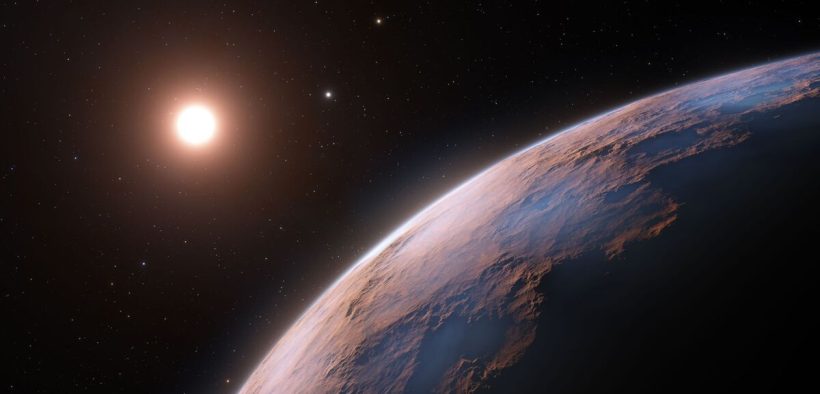Earth reached an extraordinary milestone on July 9, 2025, when its rotation was measured at 1.3 to 1.6 milliseconds shorter than the standard 86,400-second day — the fastest spin since atomic clocks began tracking time in 1960. This subtle yet historic acceleration marks the shortest day ever recorded. Unusually swifter rotations are also expected on July 22 and August 5, as the Moon’s orbital position shifts, slightly tugging Earth’s rotation.
Advertisements

Experts attribute this phenomenon to the Moon’s gravitational influence. When the Moon moves away from Earth’s equatorial plane and toward the poles, its pull subtly accelerates the planet’s spin — reminiscent of a figure skater drawing in their arms to spin faster. Though the variation is imperceptible in daily life, it is critical for ultra-precise systems such as atomic clocks, satellite navigation, and telecommunications.
Timekeeping authorities, including the International Earth Rotation and Reference Systems Service (IERS), are now monitoring whether this series of shortened days warrants a “negative leap second” — a rare adjustment involving the subtraction of one second from official time to realign clocks with Earth’s rotation. If needed, this could be the first implementation of such an adjustment, tentatively planned for 2029.
Geophysicist Duncan Agnew from Scripps Institution of Oceanography called the situation “unprecedented,” emphasizing that while not dangerous, the record-fast rotation is “a big deal” for scientific understanding.
In summary, these record-short days offer a rare glimpse into Earth–Moon gravitational dynamics and the nuanced factors that can alter our planet’s rotation — a hidden testament to the intricate balance governing time on Earth.

